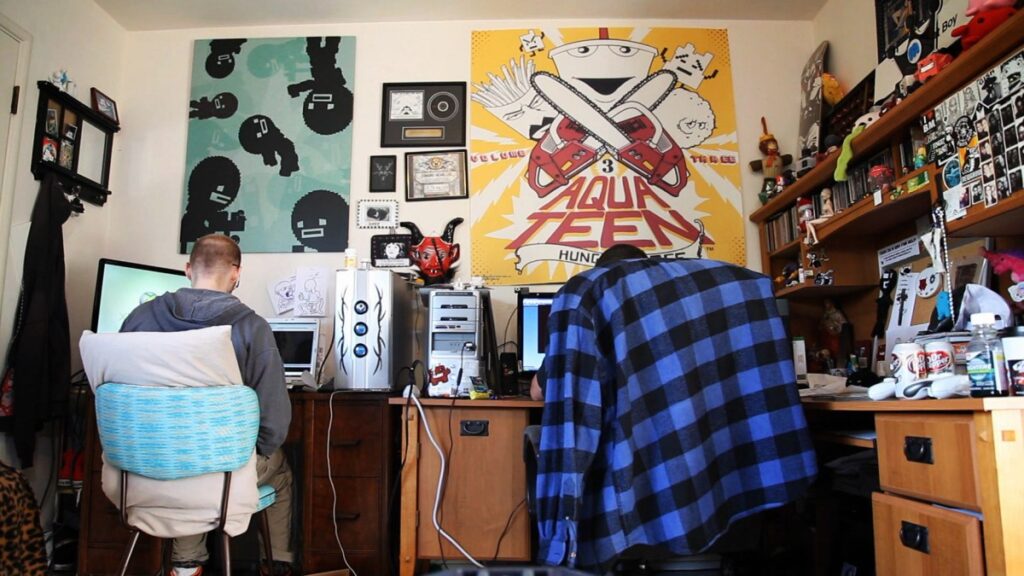
We watch one movie a month for “Special Economics Class.” This month, we take a look at the world of independent video games with the documentary “Indie Game: The Movie.” Released in 2012, the film follows several teams of game designers and depicts the life cycle of building a game. However, it's not necessarily a video game for mass consumption. These developers have other interests.
To learn more about this difference, Marketplace Morning Report host David Brancaccio spoke with Sean Pierre, a Philadelphia-based game designer who teaches at NYU's Game Center and chairs the Independent Games Festival.
David Brancaccio: It's not that AAA games from major companies lack vision or identity or self-awareness, but indie games are a little more… how can I put it? I think it's more about the vision of the creator and less about an obsession with what audience research might suggest about their audience.
Sean Pierre: Yeah, that's a good point. I think that's one thing that indie developers can take advantage of. Some people own indie studios or companies and they employ people, so they have to pay attention to the market to some degree or in some way, but at the same time, there are a lot of indies who say, “This is how I feel right now. I want to make a game that expresses this. It's probably not going to sell well, but this is something I absolutely have to make. It doesn't matter if someone will buy it. Or maybe I'll give it away for free. I'll put it online and maybe someone will donate to me.”
Brancaccio: It's a really rich environment. I mean, there's a lot of stuff there. Some of it is very polished, some of it is pretty crude. A lot of it really touches on real problems that game developers feel instinctively about.
Pierre: There's a whole lot of different types of games on itch.io, and they also have these things called game jams, where people make games in a short amount of time, whether it's a few weeks or months or a few days. But a lot of those games, while they may be pretty rough, really show inspiration and creativity. And I think if they get it in front of enough people, the right number of people, or two people who really enjoy it, some of the developers have the confidence to continue making their stuff. But sometimes it's really helpful to get a short idea that they want to put out into the world.
Brancaccio: This is time consuming and the rewards are uncertain… So what would you say to someone who wants to make a living developing indie games?
Pierre: The games industry is struggling right now, and a lot of people are being laid off. Big companies are buying smaller companies and then suddenly they say, “Enough,” and they close the company down. It's a really messy situation. A lot of the people who are being laid off or fired deserve to be treated better. They should be treated like people, not like disposable assets.
What I tell everyone is that making games teaches you a lot more than game development. Making games requires you to think about user interaction, designing for people, and how other people think and interact. There's also storytelling and visual design. So if you're making games and you're worried, I hope you don't limit yourself to just making games. Think about everything else you can do and be able to do. Find a job that allows you to pay your bills, buy housing, buy food, etc. And keep working on your art. Don't forget to take care of yourself. If you can't take care of yourself, you're not going to make something you really love.
There's a lot going on in the world, and Marketplace is here for you.
Marketplace helps you analyze world events and bring you fact-based, easy-to-understand information about how they affect you. We rely on your financial support to keep doing this.
Your donation today will power the independent journalism you trust. Help sustain Marketplace for just $5 a month so we can continue reporting on the things that matter to you.


